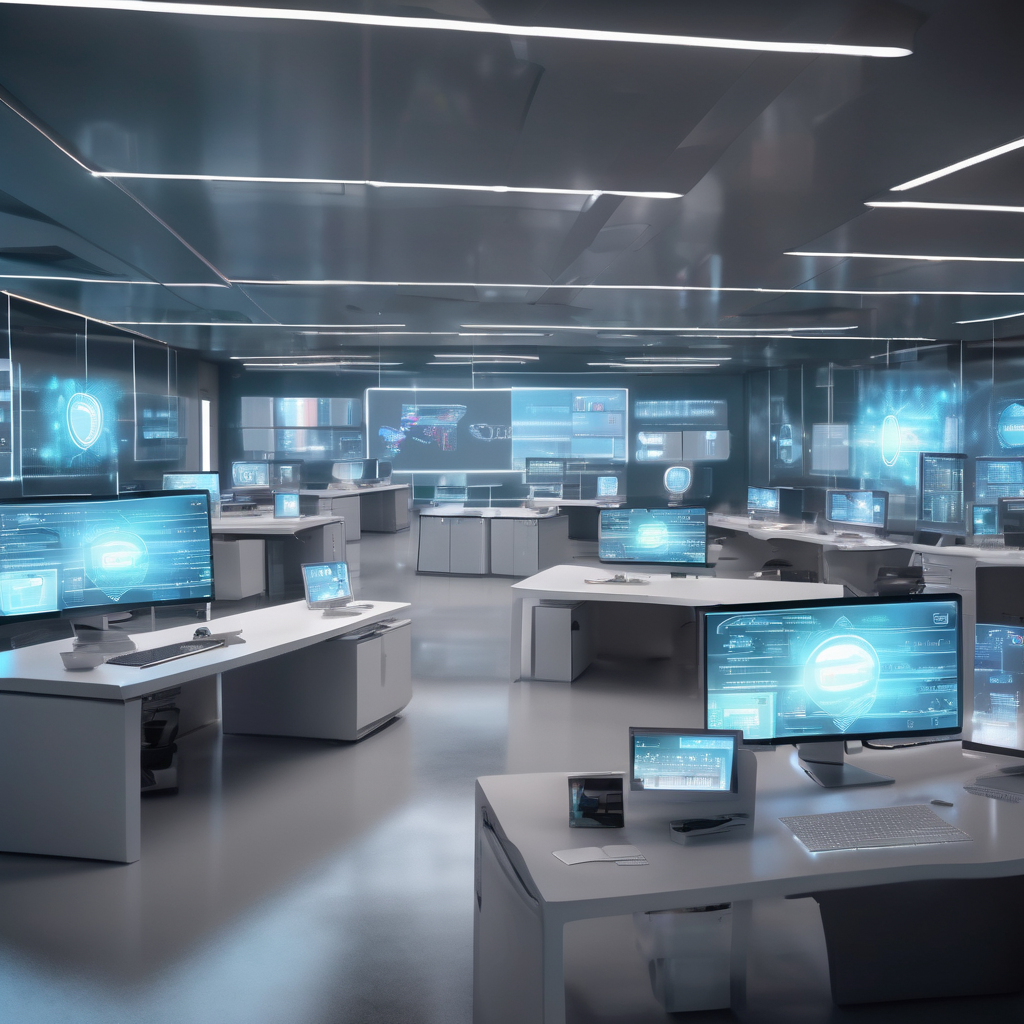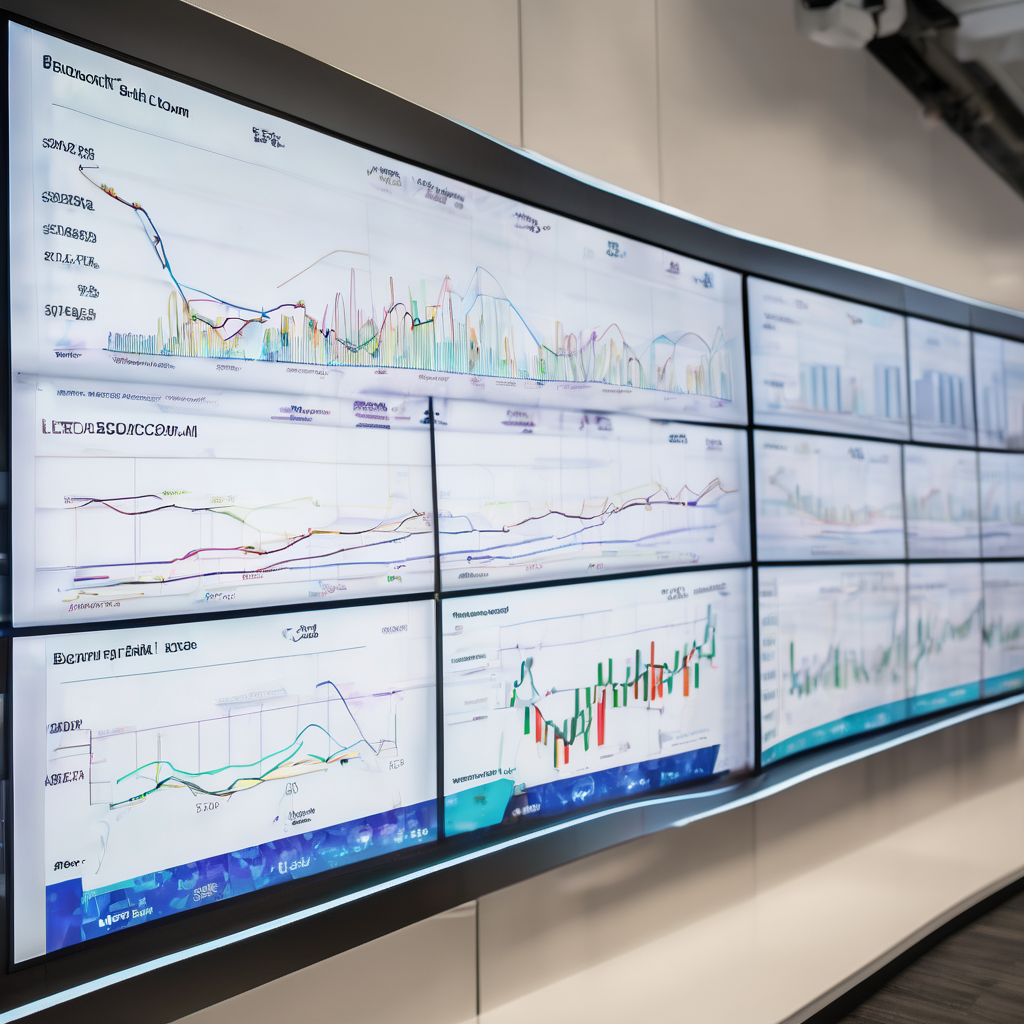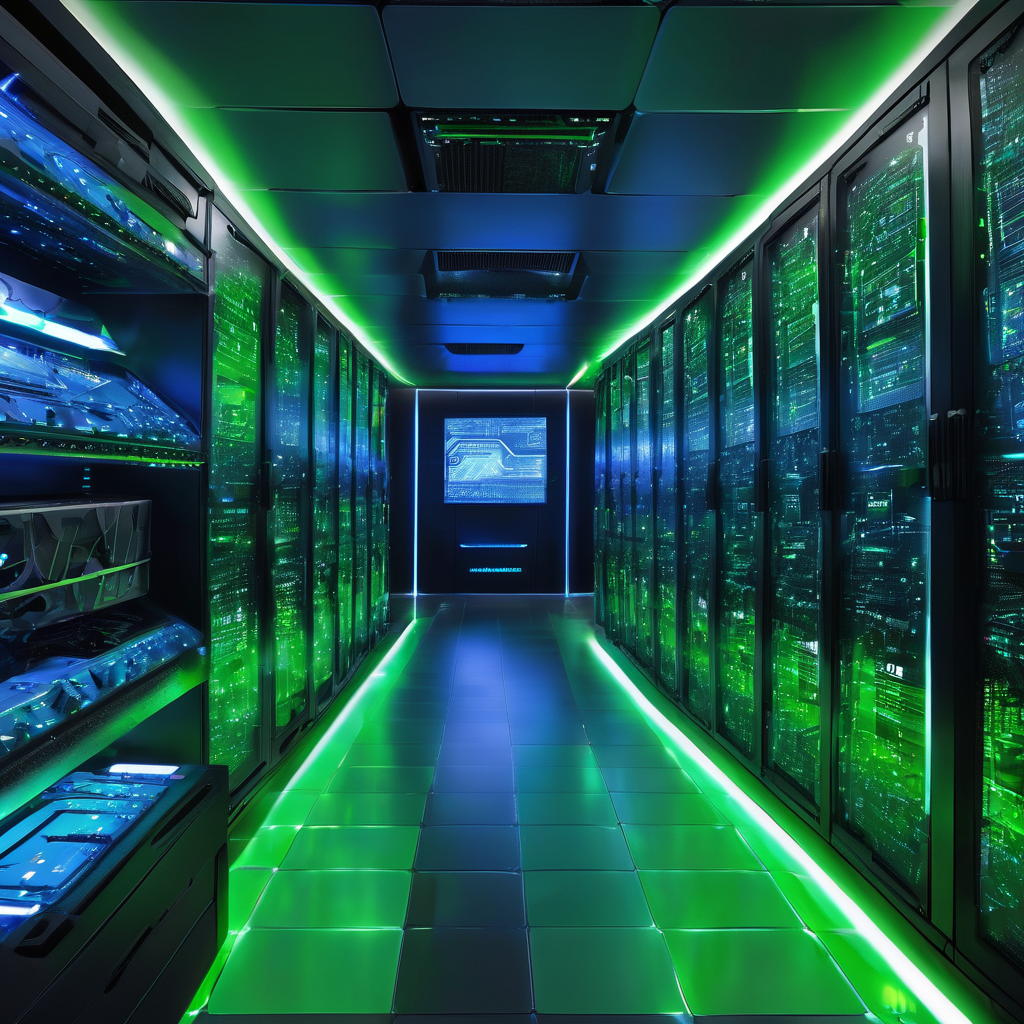
The YouTube video I frequently revisit is an interview from 1999 where David Bowie discusses the potential impacts of the internet with Jeremy Paxman on Newsnight. Bowie believes that we have only scratched the surface of what the internet is capable of, both positive and negative. He describes it as an alien life form rather than just a tool. At the same time, I was writing a university dissertation on the impact of the internet on freedom of speech in the United States. It was an exciting time, with optimistic tech enthusiasts proclaiming that the decentralized nature of the internet would revolutionize power dynamics and breathe new life into democracy. However, fast forward 25 years, and we have witnessed the opposite result: erosion of truth and trust, failure to reform democracy for the digital age, and strained relationships between those in power and their constituents. Now, we are witnessing the proliferation of generative AI, which has garnered both hysteria and hope as people ponder its societal consequences. The hysteria surrounding the potential dangers of AI may overshadow the more subtle and pernicious disruptions that industrial revolutions tend to bring. However, there is still hope that AI can benefit democracy if we establish appropriate safeguards. By harnessing AI for democratic purposes, our information ecosystems could significantly improve, aiding in better decision-making. We could train AI to prioritize verified information and present complex data in a more accessible manner. Politicians could regain trust by involving citizens in decision-making processes through AI citizens' assemblies. While these ideas may sound far-fetched, tools like Polis have already been developed and used successfully in shaping policies, such as regulating Uber in Taiwan.
In the UK, Demos has collaborated with the Cabinet Office on Polis projects for engaging the public and experts in the integrated review of security, defense, development, and foreign policy. Looking ahead, it is possible that AI could mend the relationship between the state and its citizens. AI could facilitate dialogue between MPs and constituents, supplementing our representative system with elements of direct democracy. Moreover, it could enable better utilization of citizens' data to target public services and offer more personalized support. However, making this vision a reality requires collective efforts. Currently, the incentives driving generative AI development are predominantly commercial, with investors directing the technology in ways that potentially sideline democracy. Without explicit focus on using AI to enhance democracy or avoiding harm, the democratic process may become corrupted, further damaging trust. Unfortunately, ongoing legislative processes related to digital matters seem to overlook the explicit aim of protecting and promoting democracy. Instead, they primarily concentrate on online safety, digital markets, and data protection. It is imperative to address this issue directly and update our democratic systems to embrace more participatory activities that can be facilitated by these technologies. Otherwise, we will find ourselves persisting with an outdated governance system in a world that operates at a completely different pace and in new and unfamiliar ways. We must learn from past experiences and take the necessary steps now. Polly Curtis, Chief Executive of the cross-party thinktank Demos.
None


Examining AI ‘hallucinations’ and Sunday’s Gaza blasts Thomas Copeland, BBC Verify Live journalist As we prepare to close this live coverage, here's a summary of today's key stories

The challenge marketers face today is harnessing AI’s potential without compromising sustainability goals—a question we at Brandtech have been exploring with clients and industry peers.

By 2028, it is expected that 10 percent of sales professionals will use the time saved through artificial intelligence (AI) to engage in 'overemployment,' a practice where individuals secretly hold multiple jobs simultaneously.

OpenAI has rapidly established itself as a leading force in artificial intelligence through a series of strategically crafted partnerships with top technology and infrastructure companies worldwide.

A recent study reveals stark differences in how reputable news websites and misinformation sites manage AI crawler access via robots.txt files, a web protocol controlling crawler permissions.

On Saturday, President Donald Trump shared an AI-generated video showing him in a fighter jet dropping what appears to be feces onto U.S. protesters.

Nvidia Corp.
Automate Marketing, Sales, SMM & SEO

and get clients on autopilot — from social media and search engines. No ads needed
and get clients today